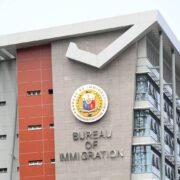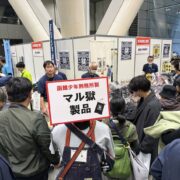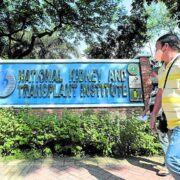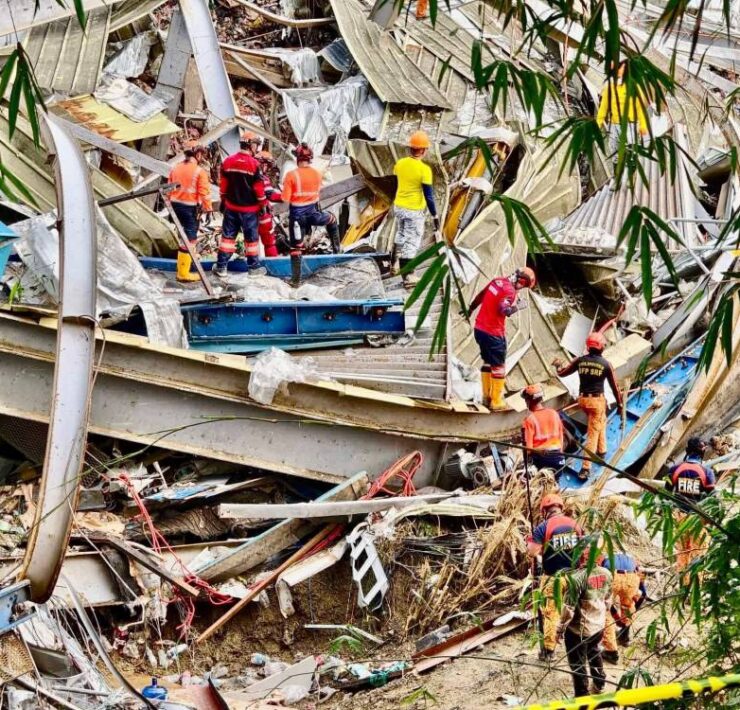PCG: ‘Very minimal’ oil sheens seen off Manila, nearby provinces
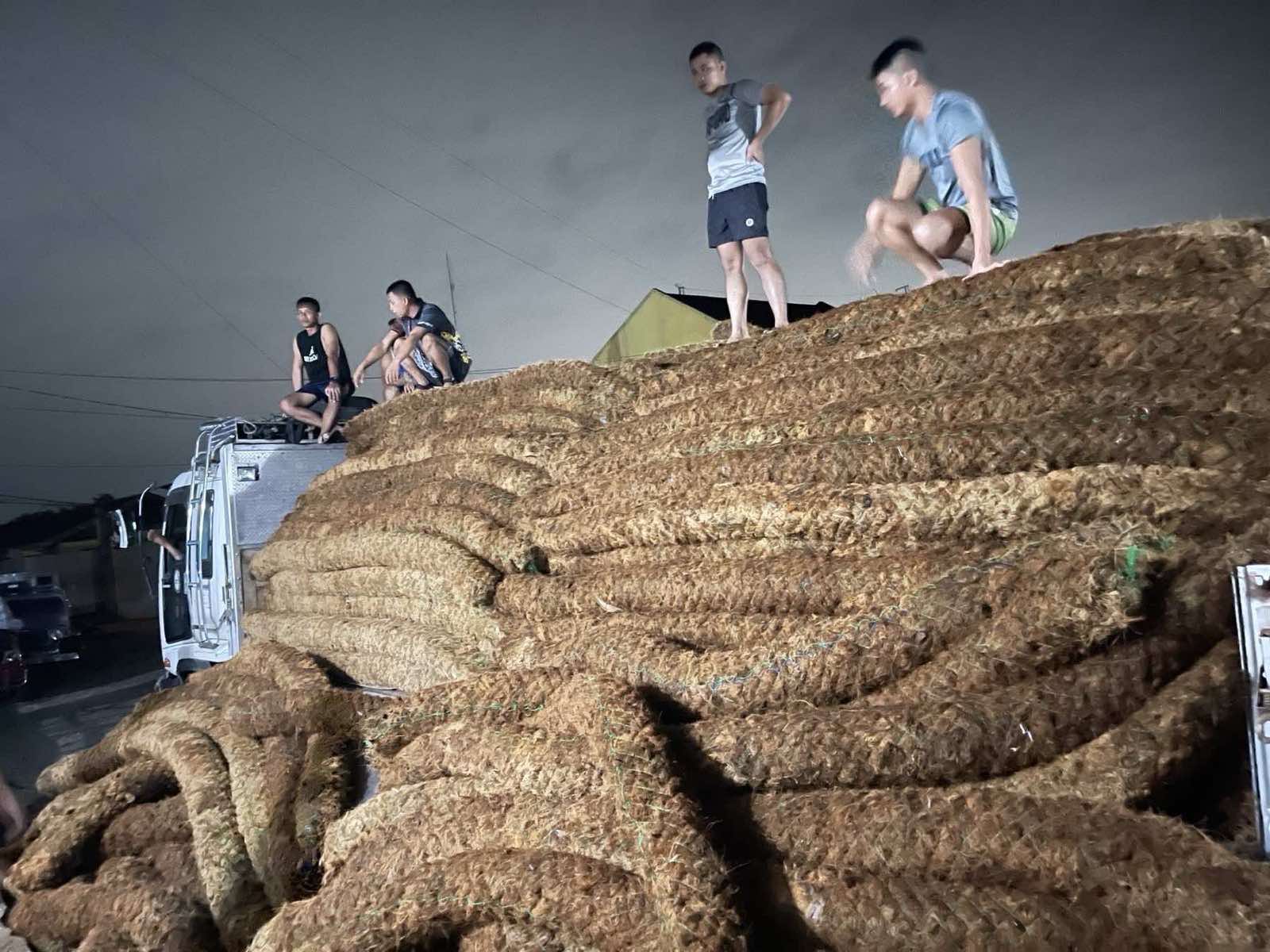
The Philippine Coast Guard (PCG) said on Tuesday that an aerial survey showed “very minimal and unnoticeable oil sheens” along the shorelines of Manila and the provinces of Bulacan, Pampanga, Bataan, and Cavite following the sinking of a tanker carrying 1.4 million liters of industrial fuel oil.
Oil sheens were also observed at ground zero or about seven kilometers east off Limay town in Bataan where Terranova sank on July 25 due to bad weather, it added.
But PCG Commandant Adm. Ronnie Gil Gavan told reporters in an online briefing that the oil spill was already “under control” and “the waters were clear along the coastline.”
“There was no monitored sign of oil spill except for very, very thin packets of oil sheen which are almost not visible to the naked eye, and this will dissipate through natural weathering effect,” he said.
“Generally, everything is under control. There is nothing to worry about for now. We are on top of the situation, but we remain cautious in handling this case because the oil remains underwater,” he added.
According to him, the siphoning of the leak from the sunken tanker could start on Wednesday once divers finish sealing the vessel’s remaining valves.
“These valves are not leaking but we need to cap them as part of precautionary measures and to avoid possible leaks once the siphoning starts,” Gavan said.
Same company
According to the PCG, the oil carried by Terranova is owned by SL Harbor Bulk Terminal Inc., the same company that chartered MT Princess Empress, which was carrying 800,000 liters of oil when it sank off Naujan, Oriental Mindoro in February 2023. The incident also led to an oil spill that reached as far as Palawan and Batangas.
A marine scientist has warned that the oil leak can significantly harm marine life at Manila Bay, whose “semi-enclosed nature” may prolong its accumulation in the water.
“A sunken ship leaking industrial fuel can cause significant ecological disasters… including toxicity to marine life, destruction of sensitive habitats like coral reefs and mangroves, and contamination of water quality,” Charina Repollo, an assistant professor at the University of the Philippines Marine Science Institute (UP MSI), said in an email interview.
She explained that the leak could have a toxic effect on marine habitats and animals, as the oil might “smother and coat” these species and endanger their population.
More taxing cleanup
Efforts to clean up the spill in Manila Bay may also be more taxing because its semi-enclosed form “limits water circulation and allows oil to accumulate and persist for longer periods,” noted Repollo, who is also UP MSI deputy director for research.
“Furthermore, the high density of urban and industrial activity around the bay increases the complexity of cleanup operations and the potential for further contamination,” she added.
For Repollo, “the most effective action plan” will involve a combination of “immediate containment using booms, oil recovery with skimmers, the use of dispersants to help break down the oil, and long-term bioremediation and restoration efforts.”
“Containing and stopping an oil spill quickly is crucial to minimizing environmental damage,” she said.
Tighter regulations
For Sen. Sherwin Gatchalian, regulations on the maritime transport of petroleum products should be improved to prevent future oil spills.
“We need to leverage our manpower, mobilize all available resources, and collaborate closely with local government units,” he said. “Oil spill incidents should not be happening in the country over and over again because the extent of damage it causes does not only affect the environment but also the lives of our fellow citizens.”
The government must also ensure that the ship’s condition and onboard practices meet international safety standards, he said. INQ







